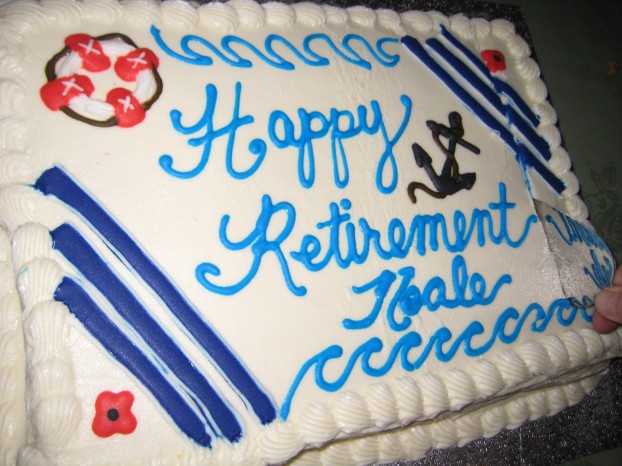5 Steps to Retire Debt-Free
Retiring without debt is a worthwhile goal, but a difficult one to achieve. It means no car, mortgage, credit card, or student loan payments weighing over you. But the thing is, not everyone will be able to retire without debt. It requires a lot of saving and sacrifice, particularly if you haven’t been budgeting and contributing to your retirement. That said, being debt-free in retirement isn’t always financially smart. Sometimes your best financial move might be to carry debt with you to earn money on it.

If retiring debt-free is your goal, follow these steps to make it happen:
1. Create a plan
Unless the financial goals you currently have allow you to retire debt-free, you’ve got to take action today. Develop a plan and make concrete, realistic goals for you to achieve. Determine how many years you have left until you plan to retire. Calculate the amount of debt you owe — keeping in mind that you have to pay for interest. Use that calculation as a basis for creating a financial plan that will help you retire debt-free. Remember that there are two ways to pay debt down: increasing your income and decreasing your spending. Both should be a part of your debt-free retirement plan.
2. Play the numbers game
Assess your money habits. If you’re serious about retiring debt-free, you have to know how you’re spending money and where you can make cuts. Take stock of the types of debt that you have, including credit card, student loans, car and house payments. Focus on getting rid of the debt that has the highest interest first. Double or triple what you are currently paying. It won’t be easy, but you must be disciplined. The sooner you can pay that debt down, the more you can contribute to your retirement.
Here are a few tips to help you pay down your debt:
- Consider a structured debt repayment or debt management plan — These plans are helpful for consumers struggling with debt. A debt management plan typically allows you to consolidate your debt to make one monthly payment at reduced interest rates. You might want to talk with a credit counseling agency if you need help setting up a plan.
- Time your mortgage payments — Use an amortization calculator to help you figure out what your payment plan should be for paying off your mortgage by the time you retire.
- Downsize today — So many people wait until retirement to move into a smaller home or to get rid of their unnecessary expenses. Why wait? If you know that you’ll eventually downsize, do it when the market is favorable to you.
- Earn extra income — This is the perfect opportunity to put your DIY skills to use, complete odd tasks here and there, or get a second job. Earning more money will help you get rid of your debt more quickly.
- Work longer — If you don’t think you can retire without debt, you might have to adjust your expectations and work a bit longer than you had anticipated. The good news is you won’t be alone. The Bureau of Labor Statistics projects that by 2022 31.9 percent of people between the ages of 65-74 will still be working.
3. Budget and save
Live within your means. Don’t spend more than you make. It sounds like common sense, but you have to consistently save money if you intend to retire without debt. Live frugally so that you can keep your monthly expenses low and use the extra money to pay off bills. If you want to retire debt-free, you’ll have to stick to a budget and focus on your retirement savings.
Even if you’re able to get rid of your debt by the time you retire, you still have to live on something! So be sure to save a large portion of your paycheck (maybe 40 percent or more) in a savings account. Don’t forget that there will likely be unexpected expenses in the future, so save for those emergencies as well. The last thing you want is to retire debt-free and then find yourself in trouble because you can’t afford major expenses like hospital bills and long-term care.
4. Commit to your debt-free retirement goals
Retiring without debt is a lofty goal and you’ll have to make big sacrifices in order to reach it. That means you might have to give up some of your wasteful spending habits and postpone fun plans you might have had. It will be tough, but think about your ultimate goal.
5. Be flexible
While working towards your goal of retiring debt-free, you might have unforeseen issues pop up. Maybe you have a medical emergency or you don’t reach a targeted goal in time. That’s OK. You might do everything you can and still not rid yourself of all your debt. You’re still left better off than you would be if you had not taken action. Plus, you’re far ahead of millions of Americans who are woefully unprepared for retirement.
Related Stories:
5 Investment-Tracking Tools That Simplify Retirement Planning
Beginning Retirement at Age 65

